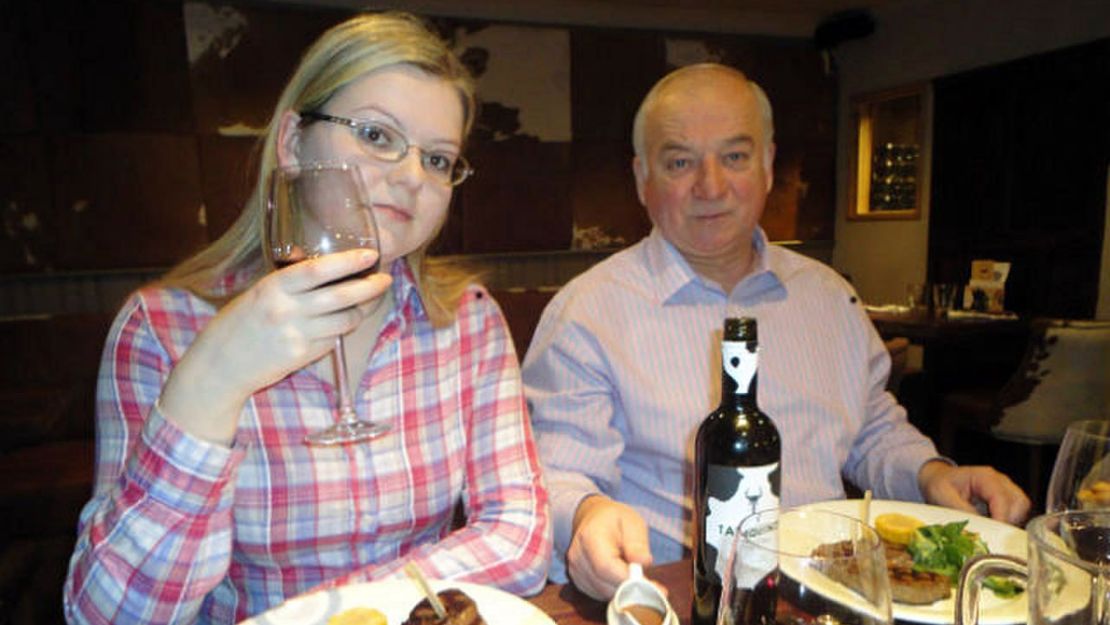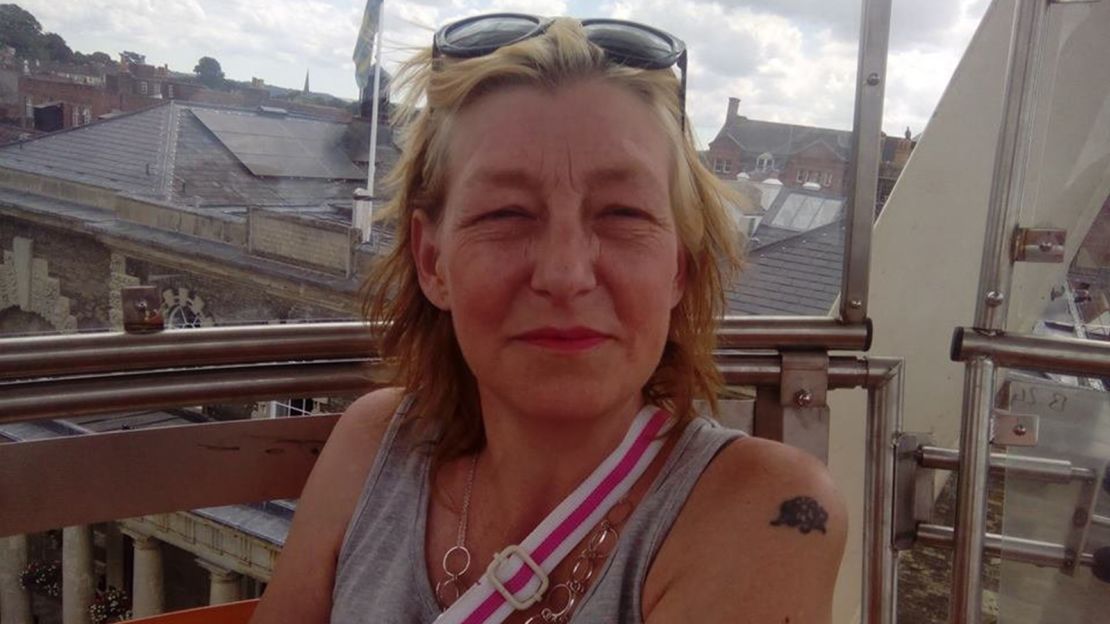Police have identified two suspects in the poisoning of former Russian double agent Sergei Skripal and his daughter Yulia, a source with knowledge of the investigation told CNN on Thursday.
The pair left the UK in the wake of the attack on what is believed to have been a commercial flight, the source added.
Their departure was revealed in a coded Russian message to Moscow sent after the attack, which was intercepted by a British base in Cyprus, the source said. The British government blames the Skripals’ poisoning on Russia.
The suspects were identified by UK police, who have been combing through months of surveillance camera footage from UK airports and from Salisbury, the town where the Skripals were poisoned on March 4.
Using facial recognition technology, authorities discovered two “fresh identities” – individuals not known to have been spies or used in other attacks – the source added.
Investigators cross-checked that information with the manifest of the flight on which the suspects were believed to have left Britain. They traveled under aliases, the source said. It is not clear whether the pair are Russian.
An Aeroflot flight at Heathrow airport in London was searched on March 30, an action the British government described at the time as “routine.”

Escalating tensions following Novichok death
Russia’s Ambassador to the United Kingdom Alexander Yakovenko shrugged off the claims at a Russian Foreign Ministry event in Moscow. “These are the reports of the media,” he told reporters.
“Unfortunately, we don’t have official statements from the British side. I want to hear from Scotland Yard or the Foreign Office. A lot of versions have been appearing in the newspapers. They are not supported by the statements of the Foreign Office,” he said.
The British Foreign Office referred CNN to the police. London’s Metropolitan Police, which is leading the investigation into the Skripals, declined to comment.
Britain’s Press Association news agency also reported Thursday that police had identified suspects in the case. Ben Wallace, a security minister in the British government, described the reports as “ill-informed and wild speculation.”
The news came 10 days after police launched a murder investigation into the death of a British woman who fell ill after being exposed to the same nerve agent used to poison the Skripals. The substance, called Novichok, is a rare Soviet-era military-grade nerve agent.
Dawn Sturgess, 44, and her partner Charlie Rowley, 45, both residents of Amesbury, a town eight miles north of Salisbury, were hospitalized on June 30. Rowley remains in hospital.
Police said the couple had been exposed to Novichok after touching a contaminated item, but said there was no suggestion the couple had been deliberately targeted.
Last week, police said that they had identified a small bottle found in Rowley’s home as the source of the nerve agent that killed his partner.
It is unclear where Rowley found the bottle, or whether it is the same batch of nerve agent that poisoned the Skripals. The Novichok was believed to have been in a perfume bottle, which Sturgess dabbed on her skin thinking it was perfume, three sources briefed on the UK poisoning investigation told CNN on Thursday. That was the reason she got the fatal dose, investigators say.
An inquest into Sturgess’ death was opened Thursday morning and later adjourned until January.

‘Highly likely’ Russia was responsible
The attack on the Skripals led to a spiraling diplomatic dispute with Russia. The UK expelled 23 Russian diplomats and more than 20 other countries, including the United States, followed suit.
In a letter to NATO secretary general Jens Stoltenberg in April, UK national security adviser Mark Sedwill said that Russia was “highly likely” responsible for the attack and that there was “no plausible alternative explanation.”
Russia has repeatedly denied any involvement in the attack and has put forward multiple theories as to who may have been behind it.
The Skripals were found unconscious on a bench in the city of Salisbury on March 4. They were treated for exposure to the military-grade nerve agent and discharged separately from hospital several weeks later. Police believe they came into contact with the substance via the door handle of Sergei Skripal’s house.
In April, the Organisation for the Prohibition of Chemical Weapons (OPCW) confirmed the UK’s finding that Novichok was used in the attack. Last week, the watchdog was asked by the UK to deploy another team to determine the nature of the substance to which Sturgess and Rowley were exposed.
The team completed its work Wednesday and will submit the samples for analysis, according to the OPCW.
The Skripal case has drawn comparisons to the poisoning of former Russian spy Alexander Litvinenko, who died a slow death after drinking tea laced with highly radioactive polonium-210 in a Mayfair hotel of London in 2006.
A detailed UK inquiry later concluded that Russian President Vladimir Putin probably approved the operation by Russian agents to kill Litvinenko. The Russian Foreign Ministry dismissed the UK investigation as politically motivated.



